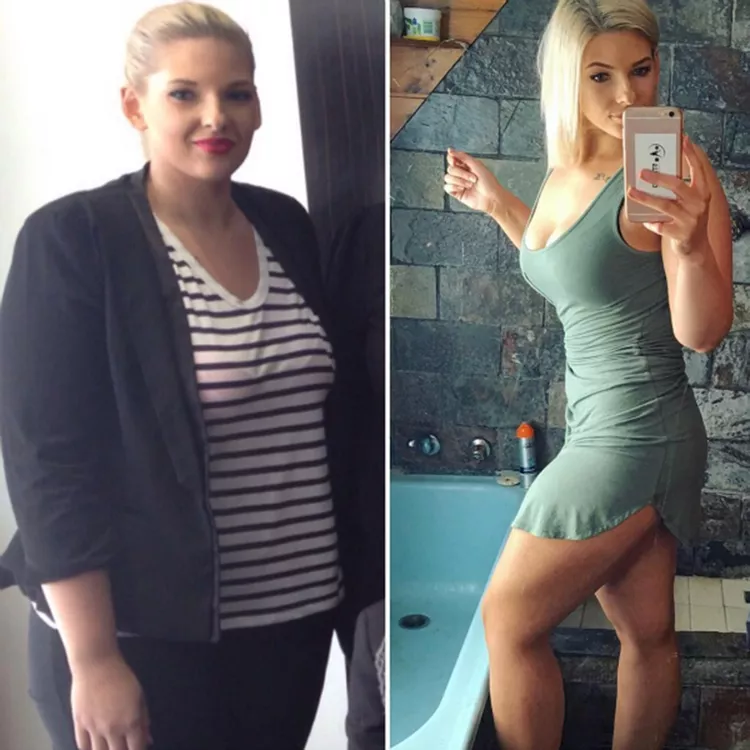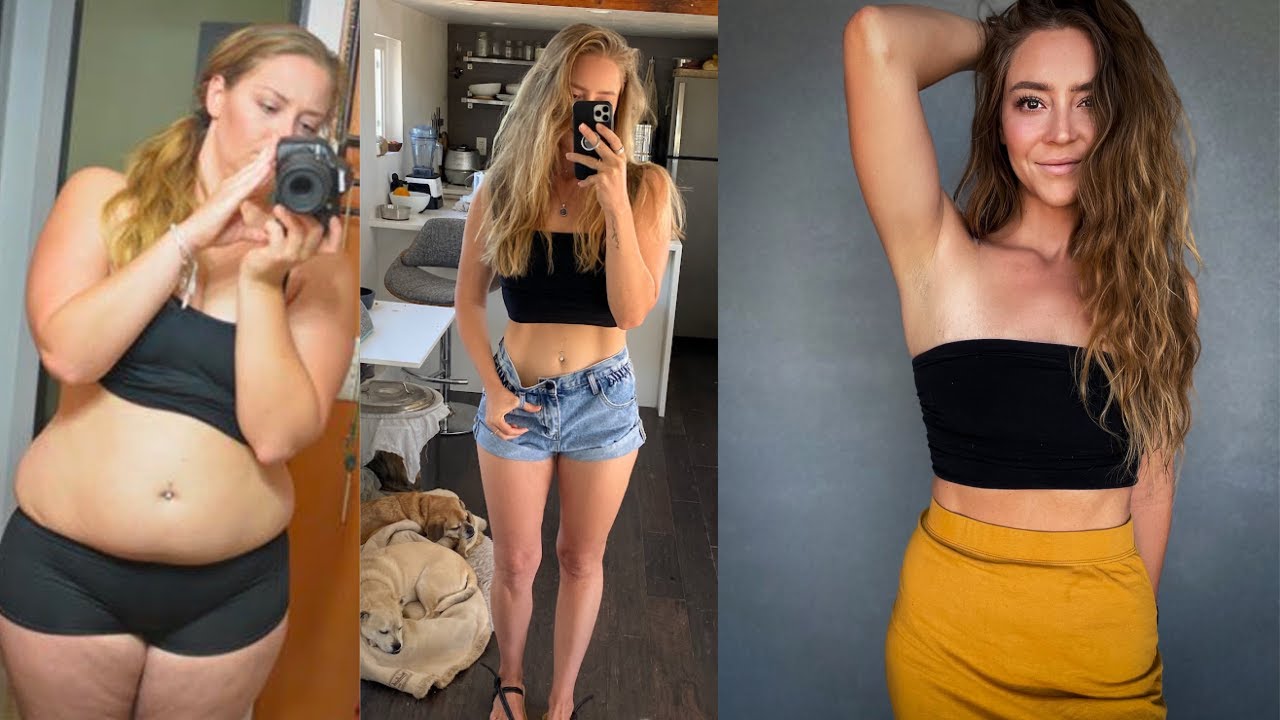Starting a weight loss journey can often feel like stepping into a maze of ever-changing advice, from crash diets to extreme workout regimens. But here’s the real secret to lasting change: going back to basics. This isn’t about a quick fix; it’s about building healthy habits that stick and help you feel your best over the long haul.
In this guide, we’ll explore effective, proven strategies for sustainable weight loss. This isn’t just about shedding pounds; it’s about boosting your overall health, energy, and confidence.
Understanding the Foundations of Weight Loss

At the simplest level, weight loss happens when you burn more calories than you consume, creating what’s called a calorie deficit. But it’s more than just numbers—it’s about balancing your body’s needs with the right types of foods and physical activity.
Rather than focusing only on how much you eat, it’s important to consider what you’re eating. Filling your meals with nutrient-dense foods helps fuel your body while supporting metabolism, maintaining energy levels, and keeping you satisfied.
Setting Realistic and Meaningful Goals
A sustainable approach to weight loss starts with setting realistic goals that fit into your life. Health professionals often recommend aiming to lose 1-2 pounds per week as a healthy rate. This can feel slow, but it’s a pace that helps you retain muscle and avoid yo-yo dieting.
Realistic goals also mean considering your unique circumstances—like your lifestyle, work, and family commitments. With goals that are meaningful and manageable, you’re more likely to stay motivated and feel good about your progress, no matter the pace.
Crafting a Plan that Works for You

The best weight loss plan is one that’s tailored to your preferences and lifestyle. Do you love dancing? Let that be your workout. Prefer cooking at home? Experiment with healthy, flavorful recipes. When you build a plan that fits your personality, it’s easier to stay consistent and enjoy the process rather than viewing it as a chore.
Core Strategies for Healthy, Lasting Weight Loss
- Balanced, Nourishing Diet
A balanced diet is key to sustained weight loss. Fill your plate with whole foods, including fruits, vegetables, lean proteins, whole grains, and healthy fats. Not only does this approach support a calorie deficit, but it also ensures your body is getting essential nutrients for overall health. Take a mindful approach to portions and aim to learn about your body’s cues for hunger and fullness—this helps you feel more in control of your choices without feeling deprived. - Stay Active in Ways You Enjoy
Physical activity plays a big role in weight loss and boosts overall wellbeing. Find activities you genuinely enjoy, whether it’s brisk walking, swimming, strength training, or even gardening. Aim for a mix of cardio and strength exercises to build muscle and support metabolism. Consistency is key, so try to set a realistic routine that fits naturally into your day-to-day. - Form Healthy Habits that Last
Sustainable weight loss is about building habits that fit into your life for the long term. Pay attention to your eating patterns, such as emotional eating or overeating when stressed, and work on strategies to manage these triggers. Small steps, like a short walk after meals or swapping sugary drinks for water, add up over time. The goal isn’t perfection but progress—be kind to yourself along the way.
Staying on Track for the Long Haul
Once you reach your weight loss goals, maintaining that progress is often the bigger challenge. Building habits that support a healthy lifestyle—like regular exercise, balanced eating, and effective stress management—helps you maintain your progress.
- Adopt Flexible Eating Habits
Aim for an eating pattern that includes nutrient-rich foods you love, while leaving room for occasional treats. Sustainable weight loss isn’t about strict rules but about balance and consistency. Planning meals and making mindful food choices over time can help you stay on track without feeling restricted. - Build a Supportive Environment
Surrounding yourself with people who support your health goals can make a big difference. Engage in activities with family or friends that don’t revolve around food, and explore other ways to unwind and reward yourself that don’t involve eating. - Self-Monitor and Adapt
Keep an eye on your progress with regular check-ins. This doesn’t mean obsessing over every pound but rather noticing any shifts in habits. Life changes, and so do we, so it’s okay to adapt your routines as needed. Small adjustments over time can help you stay on track.
Navigating the Bumps on Your Weight Loss Journey
Weight loss isn’t always linear, and hitting a plateau or having a setback is entirely normal. Here’s how to tackle common obstacles:
- Getting Past Plateaus
Plateaus happen as your body adjusts to new routines. If you’re no longer seeing progress, try switching up your workouts, eating more protein, or reassessing portion sizes. Sometimes a small change is all it takes to reignite progress. - Handling Setbacks Gracefully
Everyone has setbacks. The key is to view them as part of the journey, not as failures. Learn from them and keep moving forward. Reflect on what triggered the setback, and find strategies to handle similar situations in the future. Remember, lasting change happens over time, not overnight.
When Professional Support Can Make a Difference
While weight loss can be managed on your own, having support from professionals can make the process smoother and safer, especially if you have health concerns. Consider working with a dietitian, nutritionist, or fitness trainer for guidance tailored to your unique needs and goals.
Weight loss is a personal journey, one that’s about more than just numbers on a scale. By setting achievable goals, building lasting habits, and staying adaptable, you’re setting yourself up for a lifestyle that supports both your physical and mental health. Patience, persistence, and self-compassion are the ultimate tools for success. So embrace this journey—it’s as much about becoming healthier as it is about feeling empowered and confident in your own skin.
READ ALSO NOW: Amber Heard Net Worth 2025

